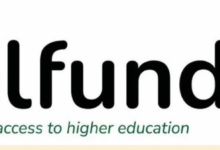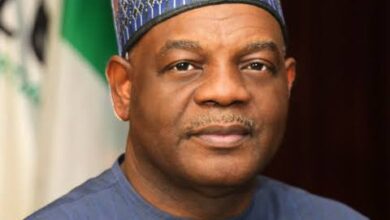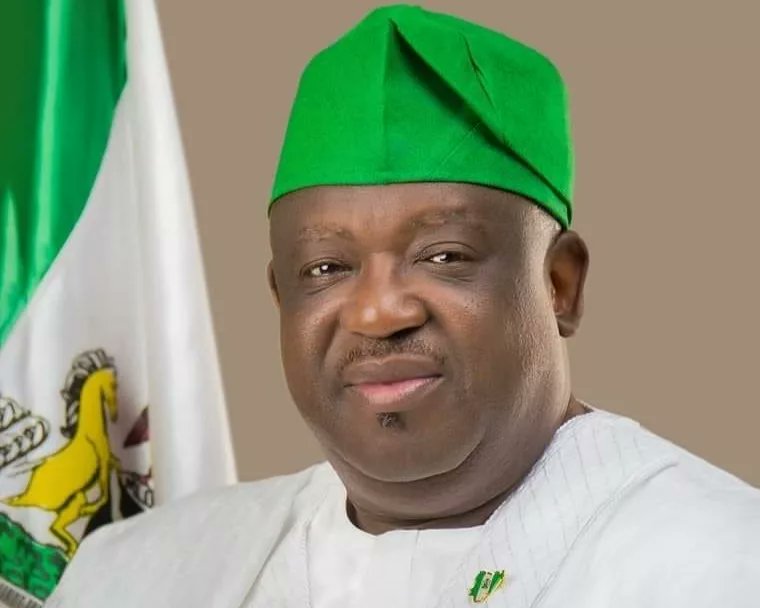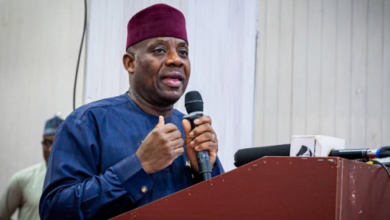Stakeholders Advocate Review Of Nigerian University Curriculum
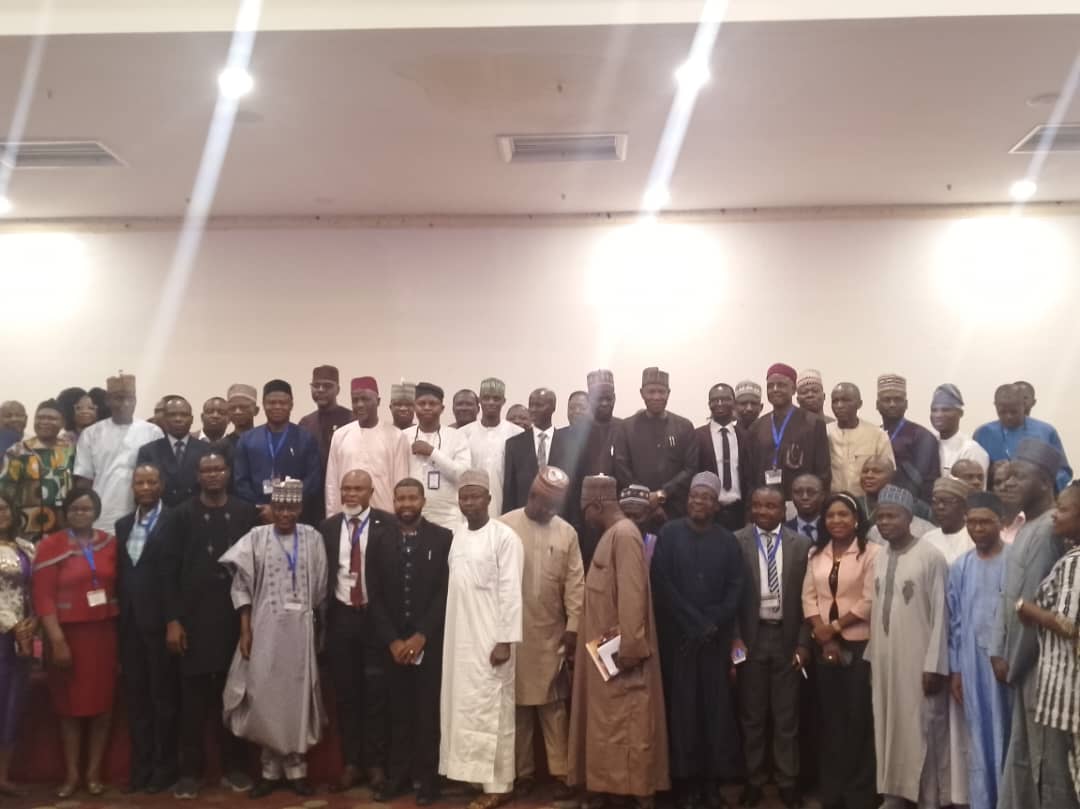
The National Universities Commission (NUC) and the British Council have called for an overhaul of the Curriculum of Nigerian Universities to accommodate recent global reality.
The development was announced at the British Council Workshop on Enhancing Curriculum and Pedagogical Approaches in Nigerian Universities held on Monday, March 25, 2024 in Abuja.
In his keynote address, Acting Executive Secretary of the NUC, Chris Maiyaki stated that the workshop would equip academic staff of Nigerian Universities with the requisite knowledge and skills to design and develop as well as deploy curriculum, using innovative modern teaching strategies and technologies to enhance student learning experience in the university system.
Maiyaki noted that, teaching and learning experiences, in the 21st century, were evolving at an unprecedented rate, driven by technological advancements, shifting demographics, and evolving global challenges:
“In contemporary education, educators and teachers have gone beyond the call of duty and taken on completely different modes and pedagogical approaches to their practices.
“There has never been a better time to re- evaluate our curriculum delivery to make them more meaningful and effective to proactively contribute to the future of education”, he said.
Quoting McKinsey Report (2007, 2010), the Executive Secretary stated that the only way to improve outcomes in the educational sector was to improve instruction by getting the right people; developing them into effective instructors and ensuring flexible and creative delivery.
“We cannot overemphasize the fact that improved productivity in Nigerian Universities System (NUS) would almost be impossible without adequate, responsive and inclusive curricula and pedagogy.
“The new sociopolitical global realities and requirements for partnerships make it even more urgent for the NUS to modernise practices and align with, if not surpass established standards across partner nations.
“While we are doing this however, we must be reminded always of the the need to attune the curricula to make them fit for purpose. Also, while we standardize methods and practice, we must not be oblivious of our cultural context, diversity, unique attributes, resource gaps and the realities of state”, Maiyaki said.
He explained that curriculum was the bedrock of education and its development referred to a process of creating educational programmes and materials that align with the current standards and incorporate subjects and skills that were relevant today and for the future.
He also noted that the goal was to ensure that students acquire comprehensive learning experiences that meet their needs and prepare them for the demands of the globalised 21st century workforce.
On his part, Director Programmes of Nigeria British Council, Chikodi Onyemerela said the curricula in the Nigerian University System required stakeholders to take a look at it and ask if it is addressing the immediate need in the Nigerian education systems with respect to issue of entrepreneurship and employability and addressing the need of the industries to go through it.
“It’s important that the curriculum responds to the need of the market and even the future. This workshop is meant for us to take a look at ourselves and find out what we can do to make our students employable, to come out and compete globally”, he said.


